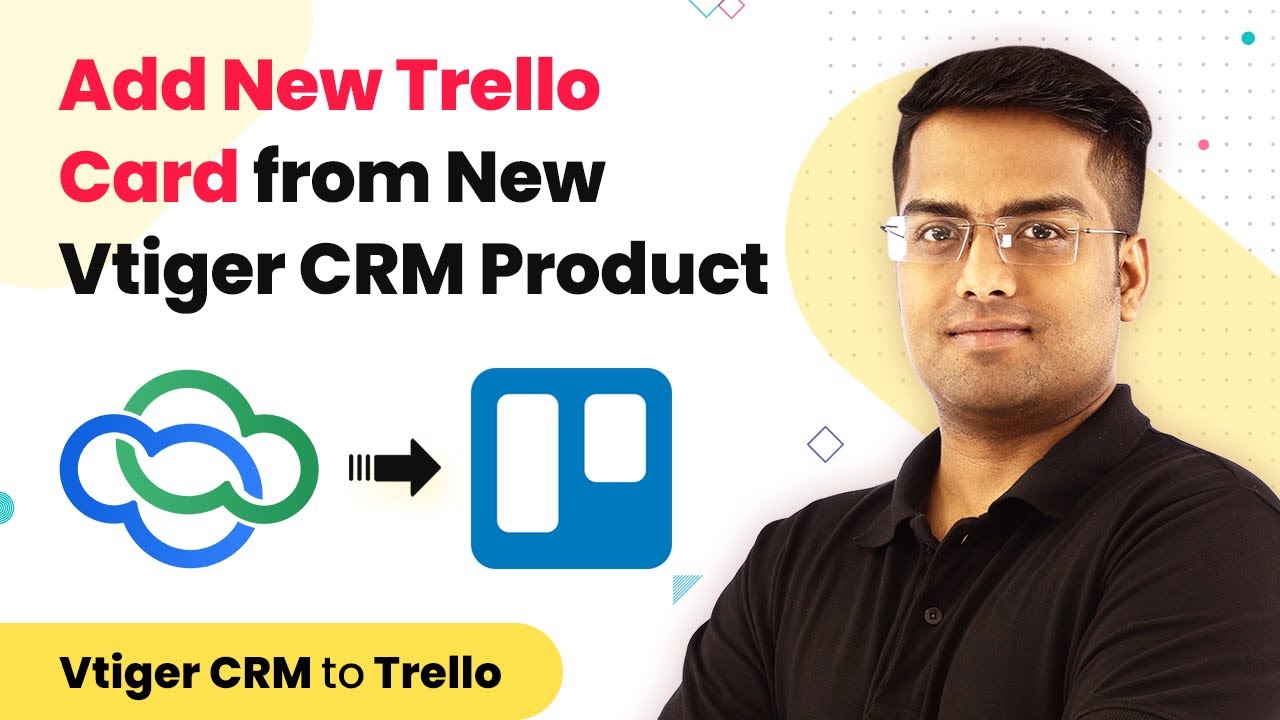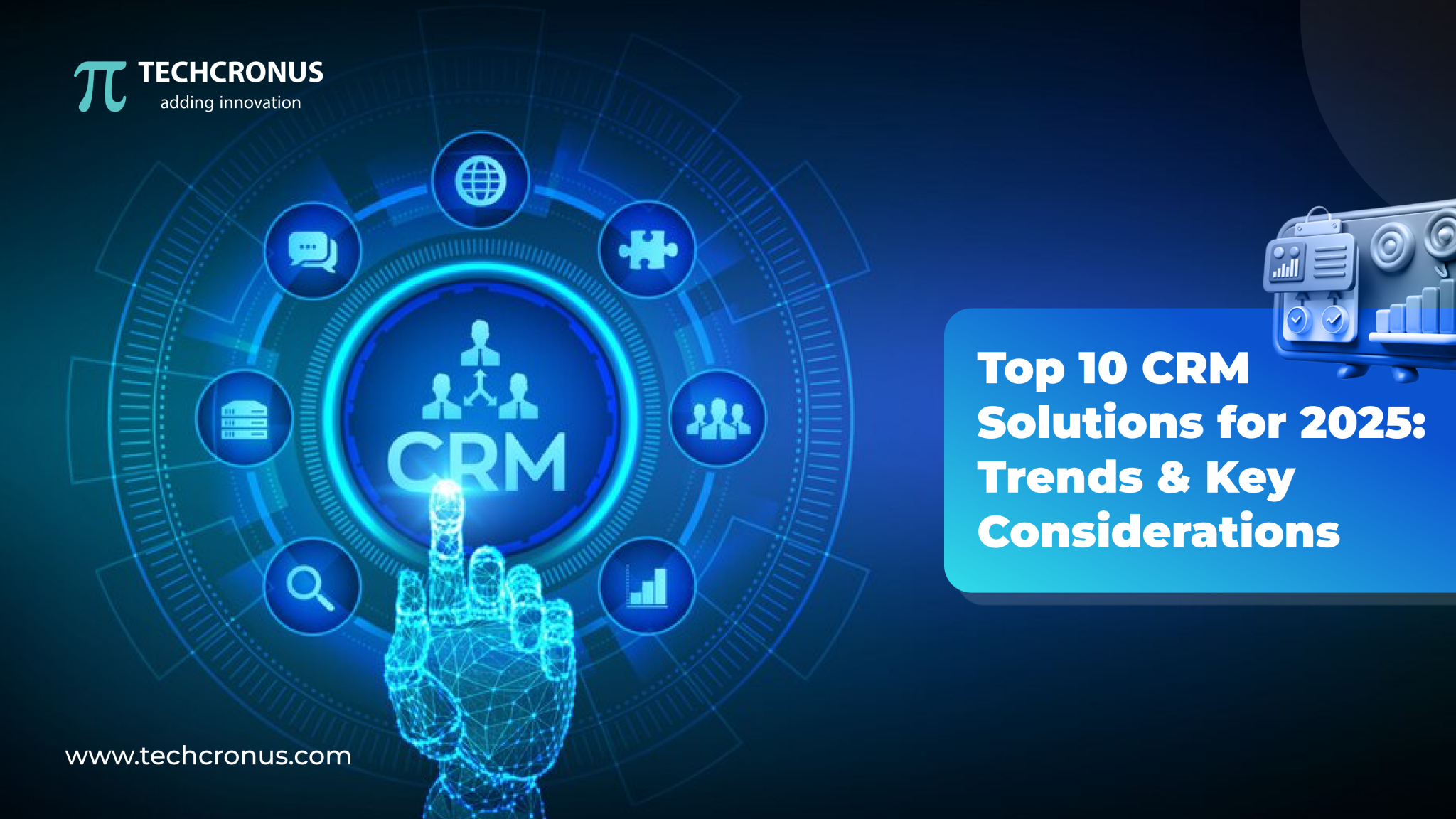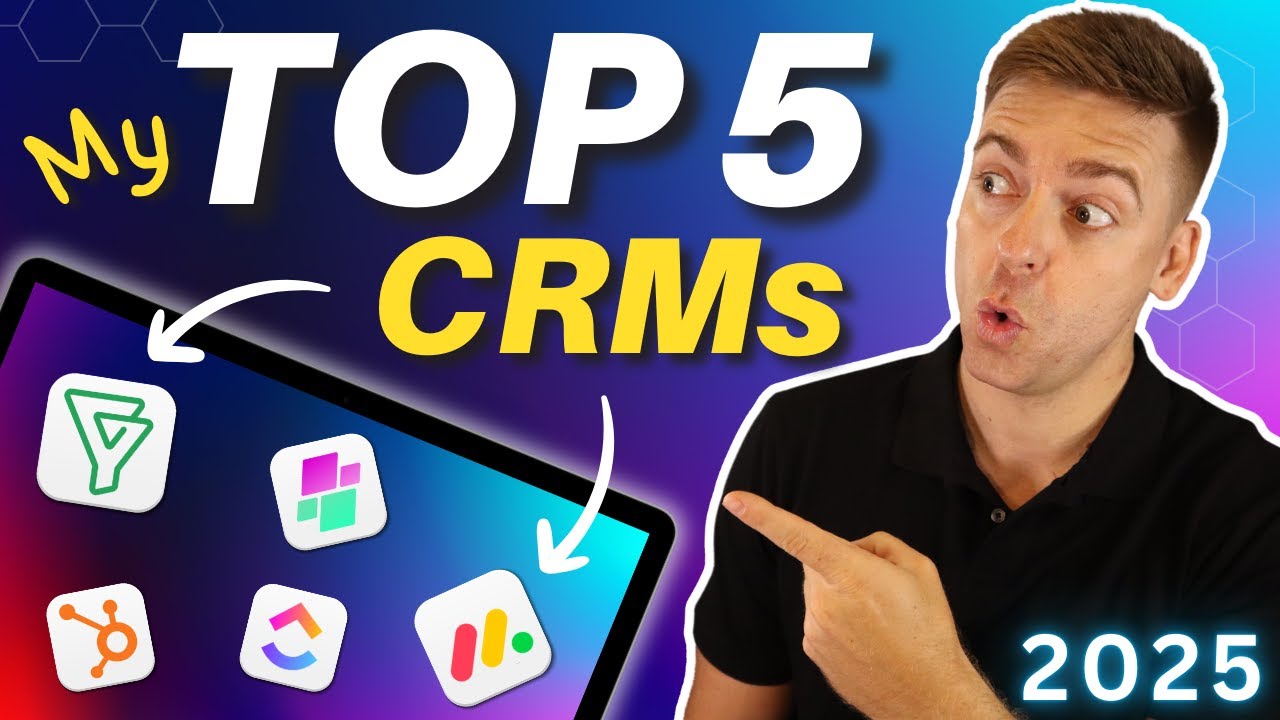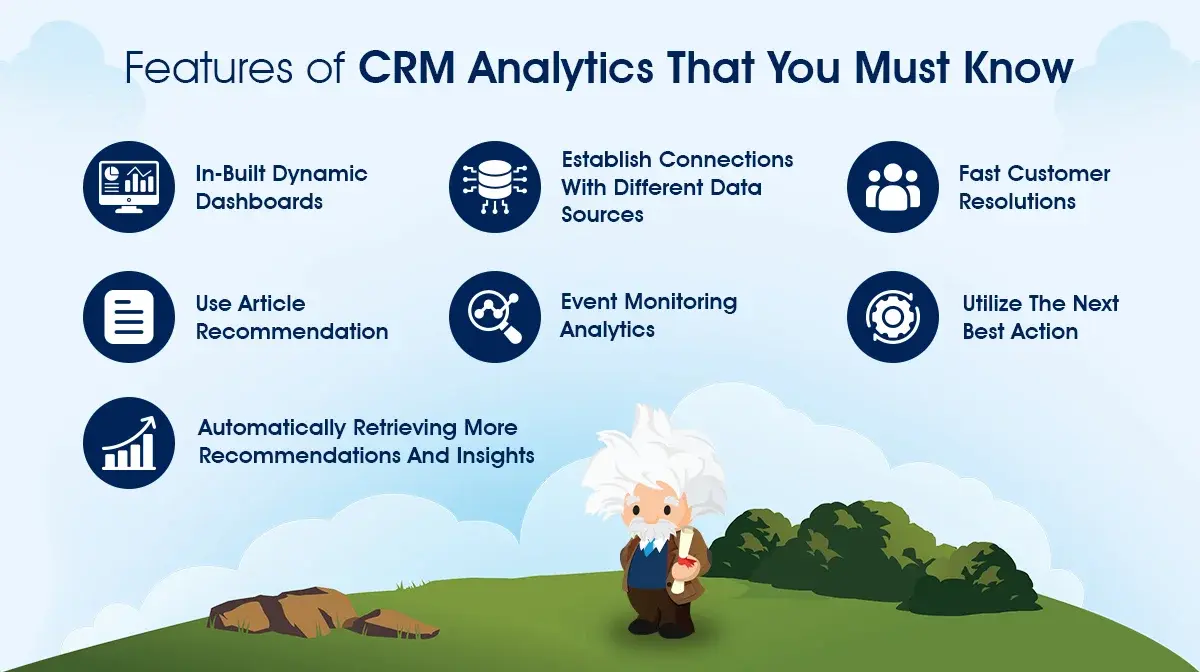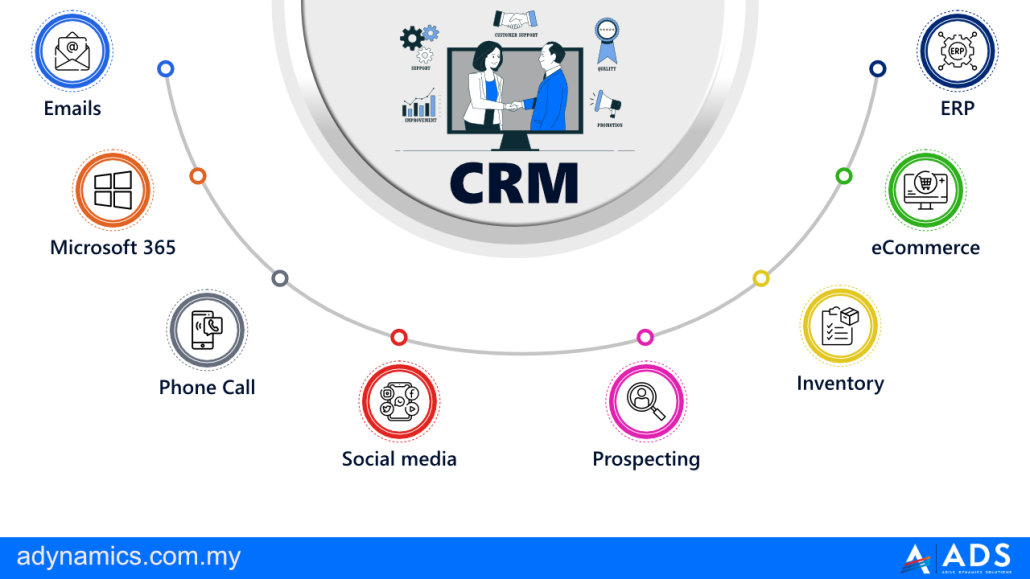Small Business CRM Basics: Your 2025 Guide to Customer Relationship Management
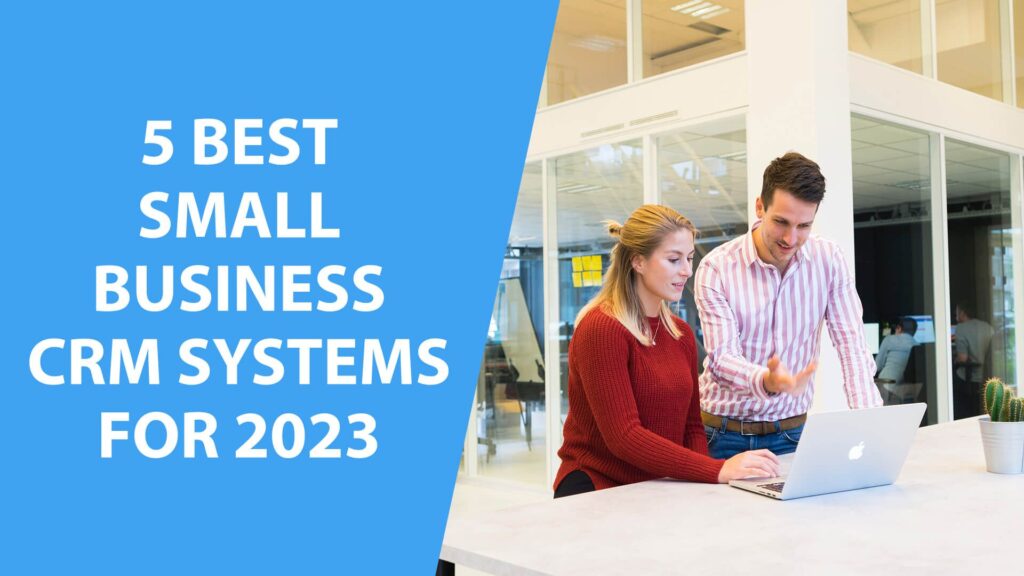
Small Business CRM Basics: Your 2025 Guide to Customer Relationship Management
Running a small business is a whirlwind. You’re juggling a million things at once – from product development and marketing to sales and customer service. One of the biggest challenges? Keeping track of it all. That’s where a Customer Relationship Management (CRM) system comes in. Think of it as your central hub for everything customer-related.
This guide will dive deep into the small business CRM basics you need to know in 2025. We’ll cover what a CRM is, why you need one, the key features to look for, and how to choose the right CRM for your specific business needs. We’ll also explore some of the top CRM options available, ensuring you’re well-equipped to make an informed decision and thrive in the ever-evolving business landscape.
What is a CRM? – Decoding the Acronym
CRM stands for Customer Relationship Management. At its core, it’s a technology that helps businesses manage and analyze customer interactions and data throughout the customer lifecycle. This includes everything from potential leads to existing customers and even past customers. A CRM system is essentially a database that stores all your customer information in one place, accessible to your team.
Think of it this way: Imagine trying to remember every conversation you’ve had with every customer, every email exchanged, every order placed, and every issue resolved. It’s a logistical nightmare, right? A CRM system eliminates that chaos. It allows you to:
- Centralize Customer Data: Store all customer information in a single, accessible location.
- Track Interactions: Record every interaction, from phone calls and emails to social media engagements.
- Automate Tasks: Automate repetitive tasks like sending emails and scheduling appointments.
- Improve Communication: Provide a consistent and personalized customer experience.
- Analyze Data: Gain insights into customer behavior and sales performance.
In essence, a CRM helps you build stronger customer relationships, which in turn leads to increased sales, improved customer loyalty, and a more efficient business operation. It’s no longer a luxury; it’s a necessity for any small business looking to grow and compete.
Why Your Small Business Needs a CRM in 2025
In today’s competitive market, customer experience is king. Customers have more choices than ever, and they’re more likely to take their business elsewhere if they don’t feel valued. A CRM system is a critical tool for providing exceptional customer service and building lasting relationships.
Here’s why your small business can’t afford to ignore CRM in 2025:
- Enhanced Customer Relationships: A CRM allows you to personalize interactions, understand customer needs, and provide tailored solutions. This leads to increased customer satisfaction and loyalty.
- Improved Sales Performance: CRM systems help you track leads, manage the sales pipeline, and close deals more efficiently. Sales teams can work smarter, not harder, by focusing on the most promising leads.
- Increased Efficiency: Automate repetitive tasks, streamline workflows, and eliminate manual data entry. This frees up your team to focus on more strategic initiatives.
- Better Data Analysis: Gain valuable insights into customer behavior, sales trends, and marketing effectiveness. Use this data to make informed decisions and optimize your strategies.
- Streamlined Communication: Ensure everyone on your team has access to the same customer information, leading to consistent and effective communication across all channels.
- Scalability: As your business grows, a CRM system can scale with you. You can add users, features, and integrations as needed, ensuring your CRM remains a valuable asset.
The benefits are undeniable. By investing in a CRM, you’re investing in the long-term success and sustainability of your business. It’s about more than just managing data; it’s about building a customer-centric culture that drives growth and profitability.
Key Features to Look For in a CRM System
Not all CRM systems are created equal. The features you need will depend on your specific business needs, but there are some core functionalities that are essential for any small business. Here’s a breakdown of the key features to prioritize:
Contact Management
This is the foundation of any CRM. It allows you to store and organize all your customer information, including contact details, communication history, and purchase history. Look for features like:
- Contact Profiles: Detailed profiles for each contact, including name, title, company, phone number, email address, and more.
- Segmentation: Ability to segment contacts based on various criteria (e.g., industry, location, purchase history).
- Import/Export: Easy import and export of contact data.
Sales Automation
Sales automation features streamline your sales process and help your team close more deals. Key features include:
- Lead Management: Track leads from initial contact through the sales pipeline.
- Opportunity Management: Manage sales opportunities, track progress, and forecast revenue.
- Workflow Automation: Automate repetitive tasks like sending emails, scheduling follow-ups, and updating contact information.
- Sales Reporting: Generate reports on sales performance, track key metrics, and identify areas for improvement.
Marketing Automation
Marketing automation features help you nurture leads, engage customers, and improve your marketing ROI. Key features include:
- Email Marketing: Create and send targeted email campaigns.
- Marketing Segmentation: Segment your audience based on demographics, behavior, and interests.
- Lead Scoring: Prioritize leads based on their engagement and likelihood to convert.
- Social Media Integration: Connect your CRM to your social media accounts to track interactions and manage your online presence.
Customer Service & Support
Provide excellent customer service and resolve issues quickly with these features:
- Ticket Management: Track and manage customer support requests.
- Knowledge Base: Create a library of helpful articles and FAQs.
- Live Chat Integration: Integrate live chat on your website to provide instant support.
- Self-Service Portals: Allow customers to access information and manage their accounts online.
Reporting and Analytics
Gain valuable insights into your business performance with these features:
- Customizable Dashboards: Create dashboards that display key metrics and track your progress.
- Reporting Tools: Generate reports on sales, marketing, customer service, and other key areas.
- Data Visualization: Visualize your data with charts and graphs to identify trends and patterns.
- Integration with other tools: Ability to integrate with other tools you use (e.g., accounting software, project management tools).
Mobile Access
Ensure your team can access customer information and manage their activities on the go. Look for a CRM with a mobile app or a responsive web design.
Integrations
Integrate your CRM with other tools you use, such as email marketing platforms, accounting software, and social media platforms. This will streamline your workflows and improve data accuracy.
Choosing the Right CRM for Your Small Business in 2025
Selecting the right CRM is a crucial decision. It’s not a one-size-fits-all solution. The best CRM for your business will depend on your specific needs, budget, and technical capabilities. Here’s a step-by-step guide to help you choose:
1. Define Your Needs and Goals
Before you start evaluating CRM systems, take the time to understand your business needs and goals. Ask yourself:
- What are your biggest challenges in managing customer relationships?
- What processes do you want to improve?
- What are your sales and marketing goals?
- What features are essential for your business?
- How many users will need access to the CRM?
This will help you narrow down your options and choose a CRM that aligns with your specific requirements.
2. Set Your Budget
CRM systems vary in price, from free options to enterprise-level solutions. Determine how much you’re willing to spend on a CRM, considering the initial setup costs, monthly subscription fees, and any additional costs for training or support. Consider the long-term value and the potential return on investment (ROI) when setting your budget.
3. Research and Evaluate CRM Options
Once you have a clear understanding of your needs and budget, start researching CRM options. Consider these factors:
- Features: Does the CRM offer the features you need?
- Ease of Use: Is the CRM user-friendly and intuitive?
- Scalability: Can the CRM scale with your business as it grows?
- Integrations: Does the CRM integrate with your existing tools?
- Pricing: Is the pricing model affordable and transparent?
- Reviews and Ratings: Read reviews and ratings from other small businesses.
- Customer Support: Does the vendor offer adequate customer support?
4. Consider Your Team’s Technical Skills
Choose a CRM that your team can easily learn and use. If your team lacks technical expertise, opt for a user-friendly CRM with a simple interface and readily available training resources. Consider whether you need a system that requires significant IT support or if a more self-service option would be more suitable.
5. Start with a Free Trial or Demo
Many CRM vendors offer free trials or demos. Take advantage of these opportunities to test the CRM and see if it’s a good fit for your business. This will give you a hands-on experience and allow you to evaluate the features, ease of use, and overall functionality.
6. Implement and Train Your Team
Once you’ve chosen a CRM, it’s time to implement it and train your team. Provide comprehensive training and ongoing support to ensure your team can effectively use the CRM and maximize its benefits. Plan for data migration, customization, and integration with existing systems.
7. Monitor and Optimize
After implementation, regularly monitor your CRM usage and performance. Analyze the data and make adjustments as needed to optimize your processes and improve your results. Continuously evaluate your CRM strategy and adapt to changing business needs.
Top CRM Systems for Small Businesses in 2025
The CRM market is constantly evolving. Here are some of the top CRM systems that are well-suited for small businesses in 2025, based on their features, ease of use, and affordability:
1. HubSpot CRM
HubSpot CRM is a popular choice for small businesses due to its user-friendly interface, comprehensive features, and free version. It offers a wide range of tools for contact management, sales automation, marketing automation, and customer service. HubSpot’s free CRM is a great starting point for businesses looking to get their feet wet with CRM.
- Pros: Free version available, user-friendly interface, comprehensive features, excellent integrations.
- Cons: Limited features in the free version, may require paid add-ons for advanced functionality.
- Best For: Businesses looking for a user-friendly, all-in-one CRM solution with a free option.
2. Zoho CRM
Zoho CRM is a powerful and affordable CRM system that offers a wide range of features for sales, marketing, and customer service. It’s known for its customization options and robust integrations. Zoho CRM caters to various businesses, offering different plans to suit diverse needs.
- Pros: Affordable pricing, highly customizable, strong integrations, excellent customer support.
- Cons: Can be complex to set up and configure, may have a steeper learning curve.
- Best For: Businesses looking for a customizable and feature-rich CRM at an affordable price.
3. Pipedrive
Pipedrive is a sales-focused CRM designed to help sales teams manage their pipelines and close more deals. It’s known for its intuitive interface and visual pipeline management. Pipedrive is an excellent option for businesses that prioritize sales efficiency.
- Pros: User-friendly interface, visual pipeline management, sales-focused features, easy to get started.
- Cons: Limited marketing automation features, may require integrations for advanced functionality.
- Best For: Sales teams looking for a simple and effective CRM to manage their sales pipeline.
4. Freshsales
Freshsales is a CRM system that offers a blend of sales and marketing features. It includes features like built-in phone, email, and chat functionalities. Freshsales is a strong choice for businesses seeking a unified communication platform.
- Pros: Built-in phone, email, and chat functionalities, user-friendly interface, affordable pricing.
- Cons: Limited customization options, fewer integrations compared to some other options.
- Best For: Businesses looking for a CRM with integrated communication tools.
5. Salesforce Sales Cloud
Salesforce Sales Cloud is a comprehensive CRM system that offers a wide range of features and customization options. It’s a powerful option for businesses of all sizes, but it can be more complex and expensive than other options. Salesforce is a good choice if your business anticipates significant growth or has complex sales processes.
- Pros: Highly customizable, comprehensive features, robust integrations, scalable for large businesses.
- Cons: Complex and expensive, requires significant training and implementation effort.
- Best For: Larger businesses with complex sales processes and a need for extensive customization.
Tips for CRM Success in 2025
Implementing a CRM is just the first step. To maximize your success, consider these tips:
- Get Buy-In from Your Team: Involve your team in the selection and implementation process to ensure they understand the benefits and are committed to using the CRM.
- Provide Comprehensive Training: Invest in training to ensure your team knows how to use the CRM effectively.
- Clean and Maintain Your Data: Regularly clean and update your data to ensure its accuracy and relevance.
- Integrate Your CRM with Other Tools: Integrate your CRM with other tools you use, such as email marketing platforms and accounting software, to streamline your workflows.
- Analyze Your Data: Regularly analyze your CRM data to track your progress, identify areas for improvement, and make data-driven decisions.
- Stay Up-to-Date: CRM technology is constantly evolving. Stay up-to-date on the latest trends and features to ensure you’re getting the most out of your CRM.
- Focus on Customer Experience: Use your CRM to personalize your customer interactions and provide exceptional customer service.
By following these tips, you can ensure your CRM implementation is a success and that you’re building stronger customer relationships and driving business growth.
The Future of CRM for Small Businesses
The future of CRM is bright, with exciting advancements on the horizon. In 2025, we can expect to see even more:
- Artificial Intelligence (AI): AI-powered CRM systems will become more sophisticated, automating tasks, providing predictive analytics, and personalizing customer interactions.
- Mobile-First Approach: CRM systems will become increasingly mobile-friendly, allowing businesses to manage customer relationships on the go.
- Integration with Emerging Technologies: CRM systems will integrate with emerging technologies like the Internet of Things (IoT) and virtual reality (VR) to provide even more personalized customer experiences.
- Focus on Data Privacy: Data privacy and security will become even more critical, with CRM vendors prioritizing data protection and compliance.
The core principle will remain the same: CRM is all about putting the customer first. By adopting a customer-centric approach and leveraging the latest CRM technologies, small businesses can thrive in the competitive market and build lasting relationships.
Embrace the power of CRM in 2025, and you’ll be well on your way to building a thriving and customer-focused small business. It’s an investment, yes, but one that pays dividends in customer loyalty, increased sales, and a more efficient and effective operation. Don’t be left behind; get started today!

